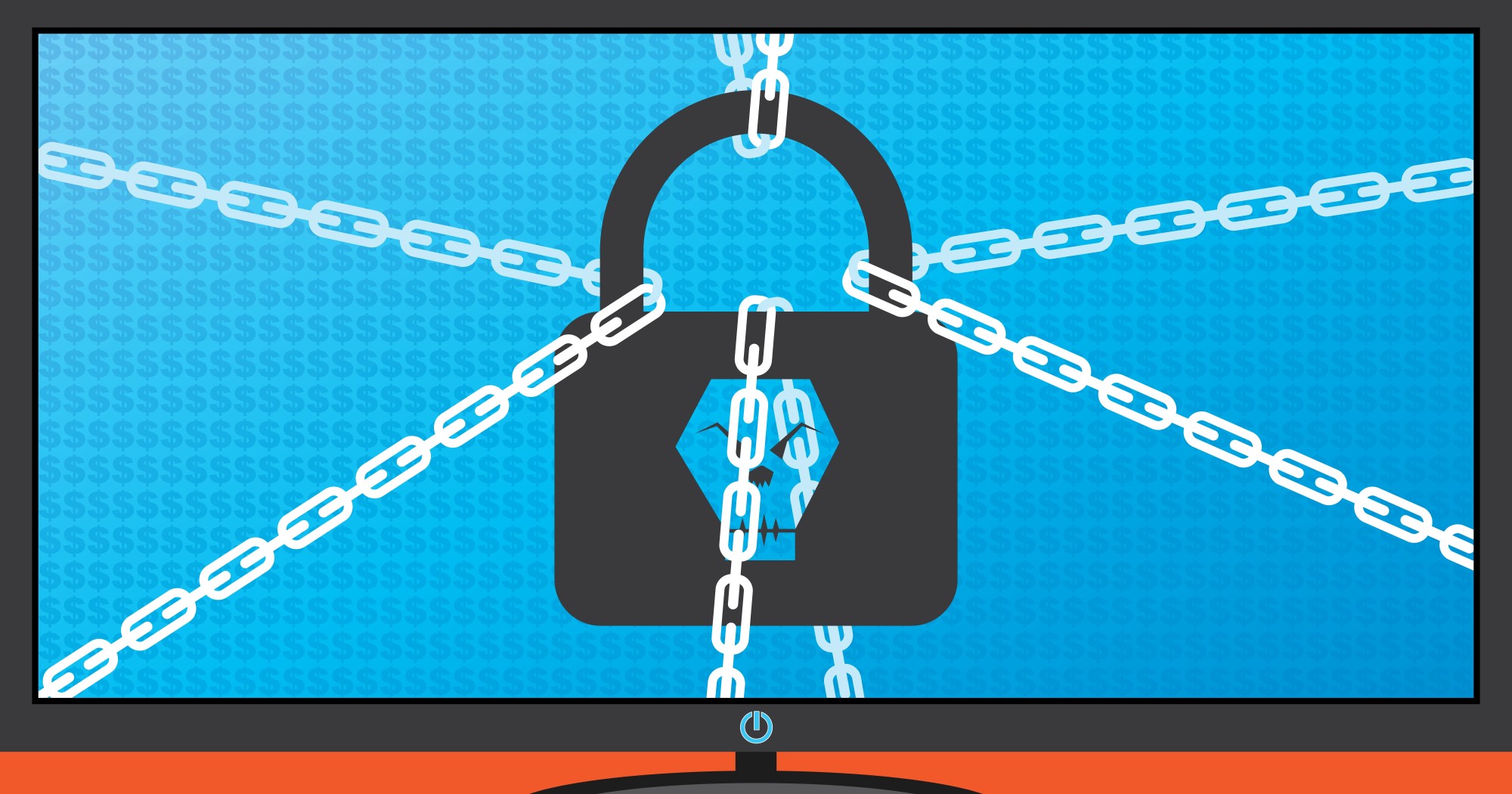The average cyber attack costs a business more than a million dollars. Does your business have money it can lose? Let alone a spare million?
Probably not. Plus, communicating that you’ve lost your client’s data is never fun – especially if you’re a site like, you know, Ashley Madison.
You need to have a good internet security and processing system security program, but you can also take preventative steps to keep your data safe.
Ready to learn some easy to use cyber security tips? Read below for four options.
1. Have a Remote Server
There’s a trend right now called remote server hosting and it’s not just a fad. It’s a good choice for your businesses security and it’ll help you stay online longer and experience fewer blackouts.
When you sign up for a remote server, you’re renting a whole or part of a server from a provider company. If you were to rent WiFi from your office complex, then you’d be sharing your server with whomever else works there.
That means that their use can slow down your site and that whoever has access to your shared server can easily hack in and get your data.
That’s one reason to get a remote server – you don’t have to share it with anyone else. You and your employees will be the only ones with access to your files, not anyone else.
The second reason to get a remote server is that the facility where the server lives is manned 24 hours a day (in most cases). That means that if someone gets a threat alert from your server, they can see to it immediately, not seven hours later when you wake up and get into work.
Finally, most remote server companies have IT support. That means you can upgrade to a higher capability server if needed or just call with a question.
You’ll have a more private server, quicker reactions to any cyber attack risks and IT support. What else do you need?
2. Change Passwords Often
This is a free and more simple tip than our last one, but it’s no less important. Your employees should know the standards for a good password and change the ones on their accounts at least every three months.
A good password has a few things:
Twelve Characters, at Least
When you set your password, the longer it is, the harder it is for someone to hack in. When hackers get your password data, they get a scramble of letters and numbers. If your password is cat123, they’re going to figure that out pretty easily.
The letters c-a-t don’t spell much else except cat. But if your password was margaux01catgirl, that’s a little harder. They’d have to try many more combinations than they would for the shorter option.
Things get even harder for hackers when you add in numbers and capital letters. If you changed the above password to mArgaux01catgirl, then the hacker has to figure out which of the three a’s in that password are capitalized.
It’s all about making things harder to crack.
Choose Non-Obvious Words
“Cat” isn’t a great example of a password word, but we were trying to make an easy example. You want to pick a word that is not normally used so someone won’t guess it. If you have any secret nicknames (not ones you use anywhere on social media) that could be good.
Just make sure they’re not common nicknames.
You can even use nonsensical words that mean something to you. Like if your child used to say “apple dirtday” instead of “happy birthday”, or something like that.
When you’re creating a password, think about what would happen if you handed someone a word scramble with those letters. Make it almost impossible for them to figure out the right words and in the right order.
Use Symbols
Some sites only allow you to use a few symbols, but you should absolutely use what they allow. If you look at password strength raters, they shoot up a whole level the moment you introduce a symbol.
The symbol should be in addition to your long, creative password. Cat123 doesn’t get that much stronger if you change it to C@t123.
3. Don’t Have Mass Passwords
Though it’s easy to only have one password that everyone knows for, say, an application, you need to take the time to create different accounts.
When you create different accounts where everyone has a different password, it’s harder for hackers to break in. It’s also easier to track a breach if something does happen. You can look at which account the breach happened in, and investigate further from there.
4. Have a Risk Action Plan
When you get a notice that there may be a breach on your account, you need to take action immediately. Too many people spend that first hour freaking out, trying to figure out what to do.
If you have a risk action plan in place, then you can take measures and stop further damage from occurring. That time right after the breach is ultra sensitive.
If you can stop the person from doing anything once they’re in, you’ve saved yourself a lot of trouble.
Cyber Security Tips
If you put these cyber security tips into place, you’ll be better protected than most of the small businesses out there. You won’t be immune to cyber threats, but you’ll be a harder target for hackers.
Hackers don’t like hard targets, especially when there are so many easy options for them elsewhere.
Want to learn if your cloud computing is safe right now? Check out this guide to Google Drive.


